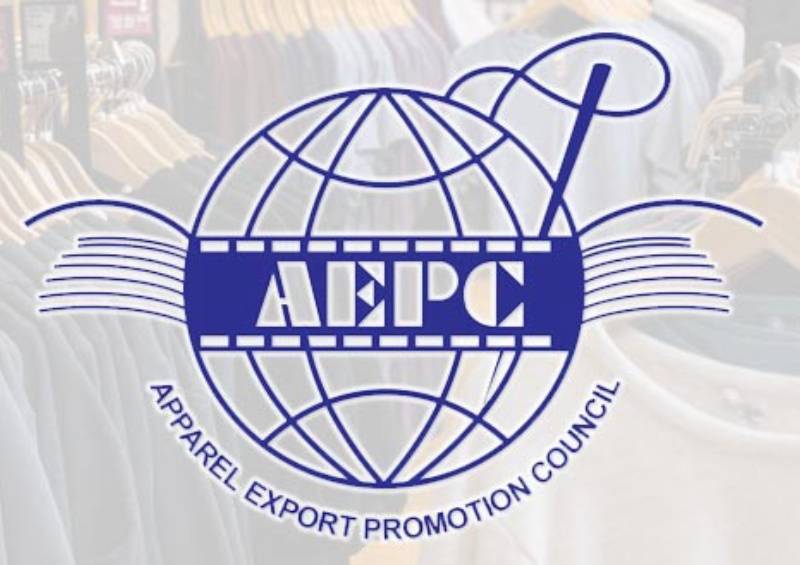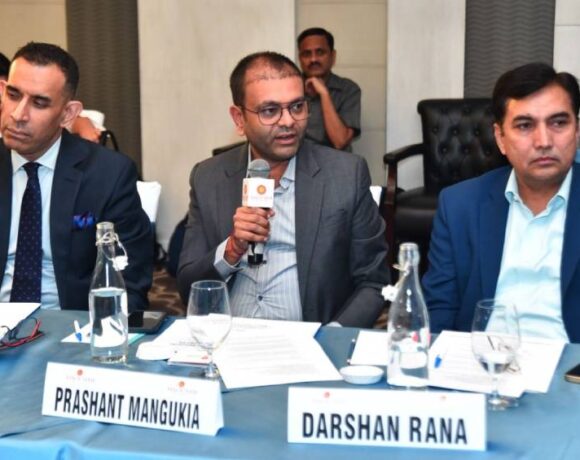AEPC Seeks Budgetary Boost For RMG Exports

The Apparel Export Promotion Council (AEPC) has submitted crucial pre-budget proposals to the government, focusing on enhancing the competitiveness of Ready-Made Garment (RMG) exports in India. AEPC has emphasized the importance of budgetary support and has suggested key measures to fortify the apparel export sector.
- Trimmings and embellishments under IGCR Rules: AEPC has highlighted the need for permitting various trims and embellishments, such as draw cords, elastic bands, metal tabs, and more, currently not entitled to duty exemption. Inclusion in the list for eligibility for duty exemption is crucial to maintain consistency and quality in garment exports.
- Uniform GST for entire value chain: AEPC has proposed a uniform Goods and Services Tax (GST) of 5% across the entire Man-Made Fibre (MMF) value chain, including fibre, yarn and fabric. The current varied GST rates result in unutilized input credit and liquidity challenges for MSME units.
- Shortage/wastage allowance under IGCR: Acknowledging production challenges and inevitable wastage during garment manufacturing, AEPC has requested the allowance of minimum wastage at 10% under Import of Goods at Concessional Rates (IGCR) Rules for trimmings and accessories, facilitating timely submission of utilization details.
- Enhancement of Interest Equalization Scheme: AEPC has urged an increase in the interest equalization rates from 2% to 5% for all apparel exporters under the Interest Equalization Scheme. This adjustment will alleviate the high cost of capital, enhancing the competitiveness of the apparel industry in the international market.
Other notable suggestions include tax concessions for apparel manufacturers adopting Environmental, Social and Governance (ESG) standards, as well as budgetary support for branding and marketing of Made in India products.
Mithileshwar Thakur, Secretary General of AEPC, emphasized the growth-oriented policies of the government and expressed optimism regarding the industry’s competitive edge in global markets. The proposals are a result of extensive industry consultations, awaiting a response from the government to further bolster the RMG export sector.















